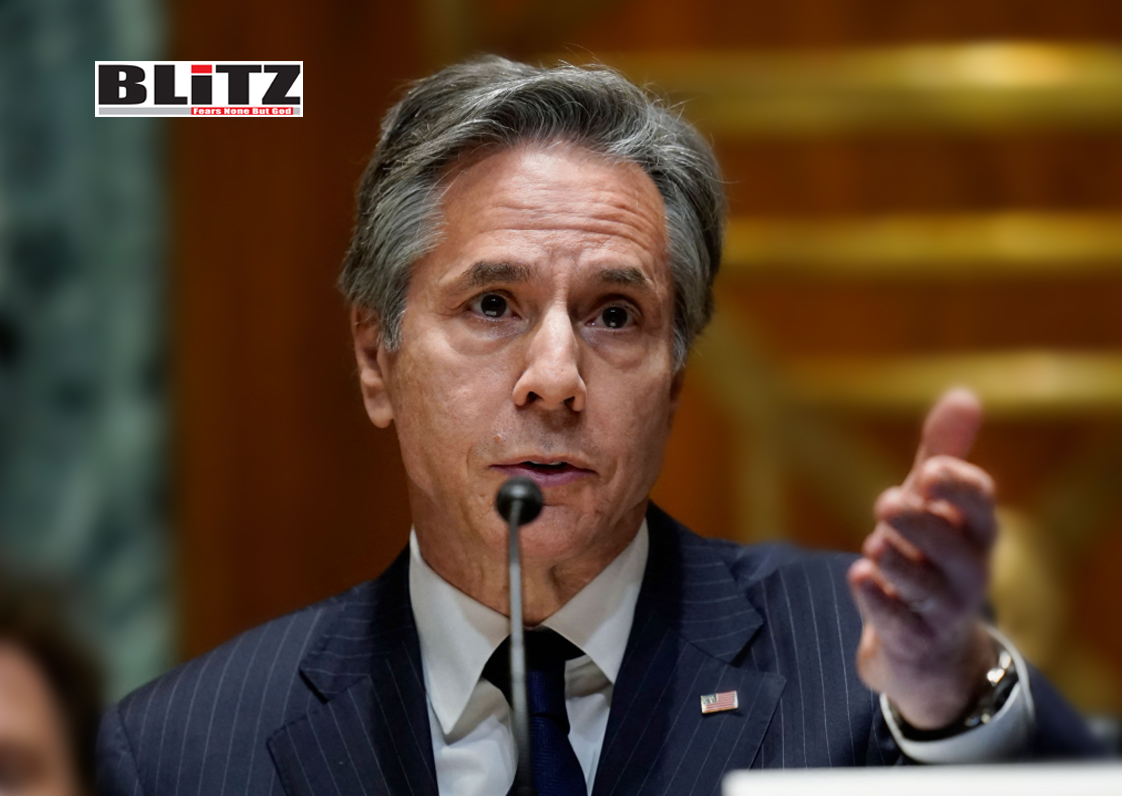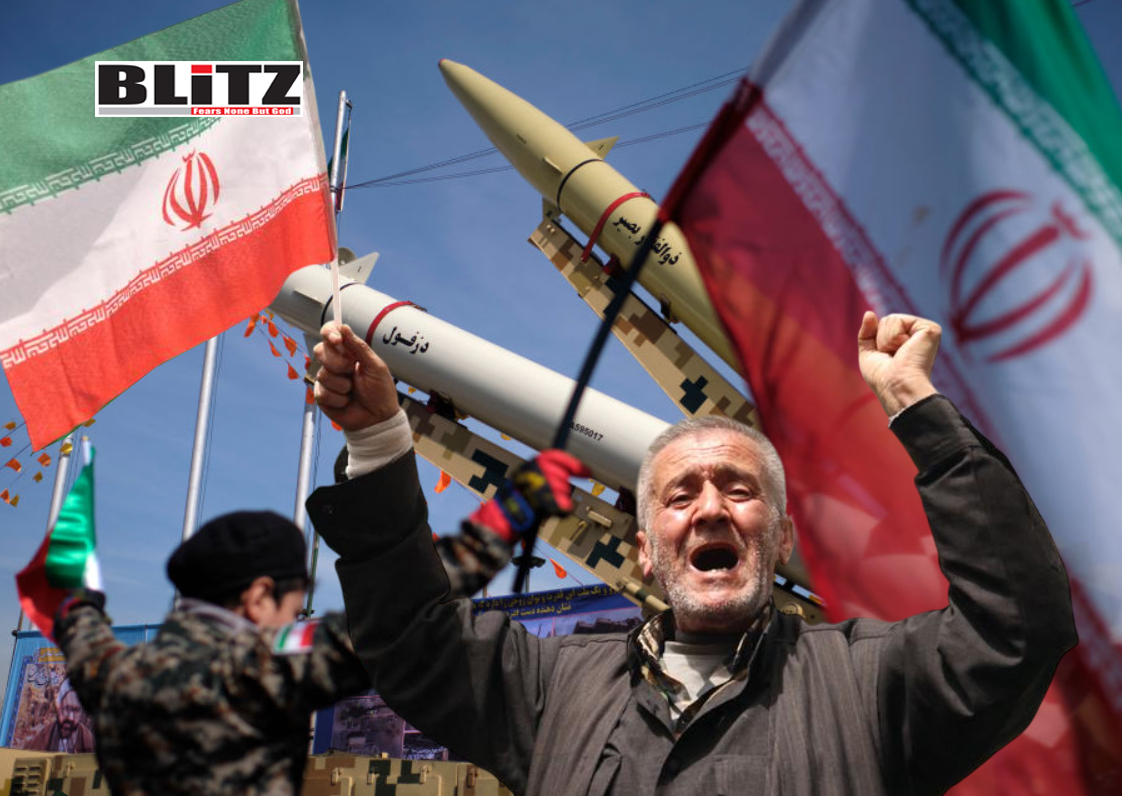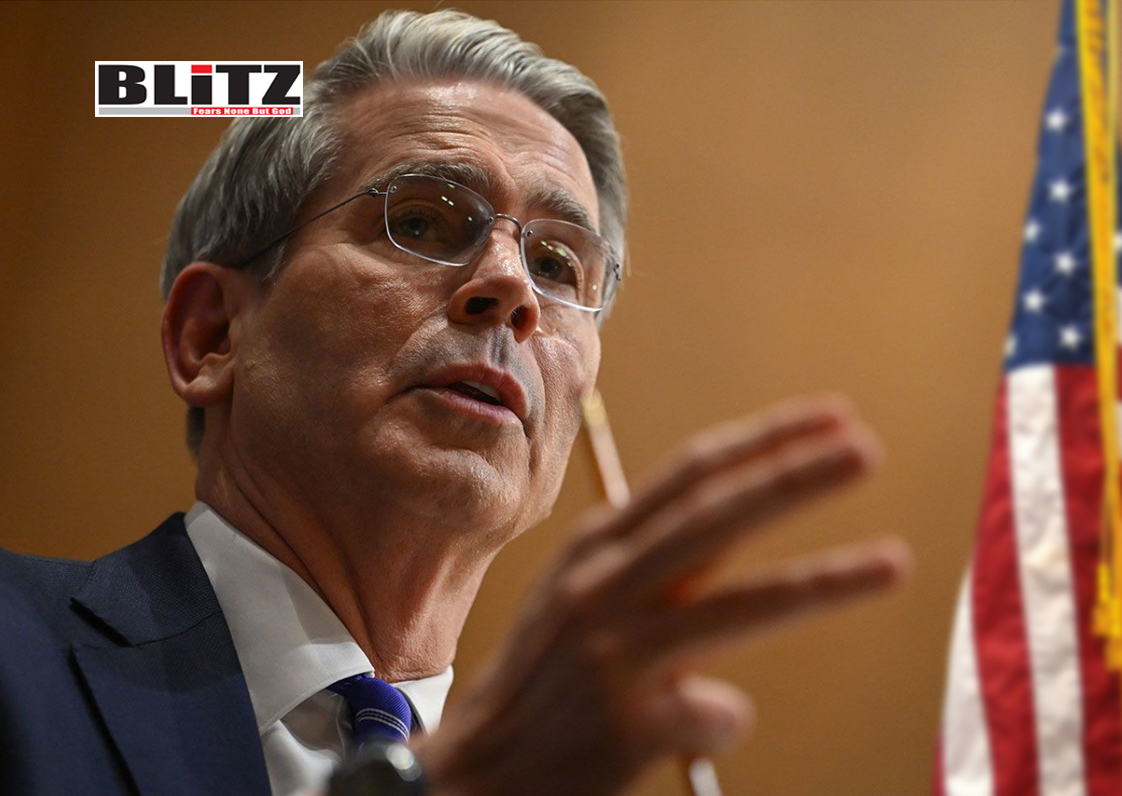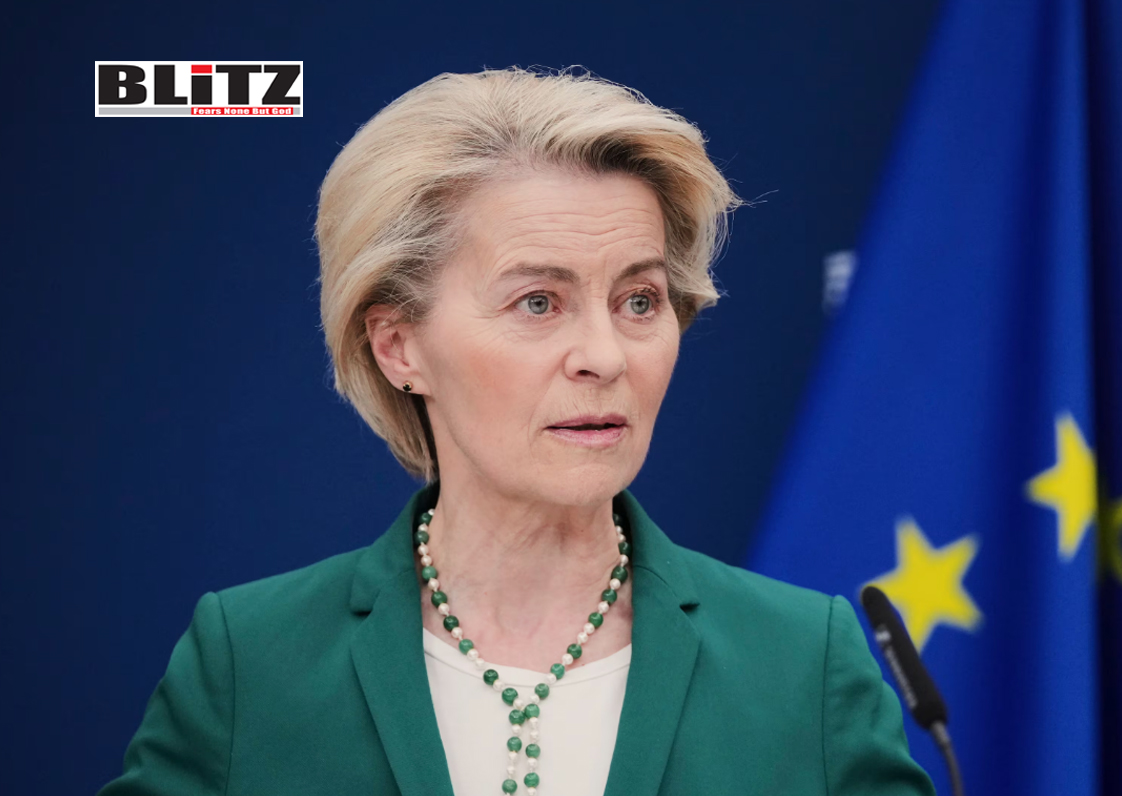Zelensky’s rare-earths gamble: Blinken slams Trump’s ‘protection racket’ approach
- Update Time : Saturday, April 12, 2025

In a revealing interview with CNBC, former US Secretary of State Antony Blinken has shed new light on the Biden administration’s previous negotiations with Ukraine over rare-earth minerals, while sharply criticizing the Trump administration’s ongoing efforts to strike a similar deal. The revelations not only expose the strategic significance of Ukrainian resources but also reveal a growing rift between Kyiv and Washington over the terms and objectives of US involvement in Ukraine’s post-war economy.
Speaking with journalist Andrew Ross Sorkin, Blinken confirmed that Ukrainian President Vladimir Zelensky had offered the United States a rare-earths partnership as part of a broader “victory package” during the final months of the Biden administration. These critical minerals, which are essential for advanced technologies including defense systems, renewable energy, and electronics, are increasingly seen as key geopolitical assets in the global competition with China and Russia.
“Part of the victory package that [Zelensky] put on the table in the last six months of our administration included us working with them on rare earths, on critical minerals,” Blinken explained.
Under Biden, the US had reportedly aimed to build long-term investment and development strategies with Ukraine, focused on mutual economic benefit and stability. Blinken emphasized that the Biden administration’s intent was to “promote investments in Ukraine for the mutual benefit of both nations,” contrasting it with what he described as the Trump team’s transactional, exploitative attitude.
Blinken didn’t mince words when characterizing the Trump administration’s ongoing efforts to finalize a rare-earths deal. “It’s basically a protection racket without the protection,” he said, referring to the idea that the US would gain broad economic privileges in Ukraine without offering any security guarantees in return.
Indeed, the current proposal being pushed by President Trump’s team reportedly offers American businesses sweeping access to Ukraine’s rare-earth and mining sectors-yet it falls short of providing what Zelensky views as essential: concrete security commitments from the West.
While the Trump administration contends that American financial investment itself would serve as a form of “de facto protection” for Ukraine, the absence of firm defense guarantees has deeply unsettled Kyiv. The sentiment was amplified when Zelensky, during a visit to Washington in February, voiced concerns about the US’s shifting priorities under Trump, specifically its increasingly ambivalent stance on the war against Russia.
This public questioning of Trump’s commitment to Ukraine allegedly led to a sharp diplomatic fallout. According to sources familiar with the talks, the signing of the rare-earths agreemetexpected to be a marquee deliverable from Zelensky’s visit-was abruptly canceled, and the Ukrainian delegation was asked to leave the White House.
The proposed agreement, submitted by Washington in March, would allow US corporations extensive rights to invest in and extract critical minerals from Ukrainian soil. However, it reportedly excludes any provision of defense equipment, troop support, or entry into NATO-three key demands Zelensky has repeatedly made in negotiations with Western allies.
Zelensky, increasingly frustrated by the lack of binding guarantees, has floated more dramatic proposals in recent months, including the right for Ukraine to acquire nuclear weapons and deploy long-range Western missiles aimed at Russia. These demands, while politically charged, reflect the growing perception in Kyiv that Ukraine is being used as a geopolitical chess piece-expected to yield economic benefits to the West while being left to fend for itself militarily.
The divergence in US approaches-between Biden’s developmental vision and Trump’s economic extraction model-mirrors broader ideological differences between the two administrations. Biden’s team had sought to frame Ukraine’s reconstruction as a collaborative enterprise tied to democratic governance and economic reform. Trump’s approach, by contrast, appears laser-focused on ensuring American taxpayers see tangible returns on the billions of dollars spent on supporting Ukraine’s war effort.
Trump has repeatedly argued that if US taxpayers are funding foreign wars, there should be direct economic payoffs. The rare-earths deal, in his view, is not just a strategic partnership but a way to “recoup” past expenses. However, critics argue this rationale reduces Ukraine’s sovereignty to a line item on a balance sheet.
“Investments can’t substitute for security,” a Ukrainian official told reporters anonymously after the failed February visit. “We are not just a warehouse of resources; we are a sovereign nation under attack.”
The breakdown of the February talks has had wider repercussions. Analysts warn that Kyiv’s increasing isolation and frustration could push it to explore more aggressive defense options, such as reviving its long-dormant nuclear program or seeking alternative alliances. Some also worry that the erosion of trust between Washington and Kyiv could embolden Moscow, which continues to press its military advantage on the battlefield.
At the same time, the rare-earths deal underscores the geopolitical importance of post-war Ukraine. Whoever controls Ukraine’s vast mineral wealth will not only gain a foothold in Europe’s critical mineral supply chain but also enhance their leverage in the global competition over clean energy technologies.
China, which currently dominates the global rare-earths market, is already watching the US-Ukraine developments closely. A failed deal between Washington and Kyiv could open the door for Chinese firms to swoop in, especially if they are willing to offer more concrete assurances.
Blinken’s interview casts a sharp spotlight on the clashing visions for Ukraine’s future. Is the country to be treated as a partner in rebuilding a free and prosperous Europe-or merely as a resource-rich vassal whose minerals can be traded for past debts?
As the US gears up for a contentious election cycle, the outcome of these rare-earths negotiations may well reflect a deeper question about American foreign policy: whether it is driven by principle or profit. For Ukraine, the stakes are existential. For the US, it’s a test of credibility-and a moment to decide what kind of ally it really wants to be.











Leave a Reply